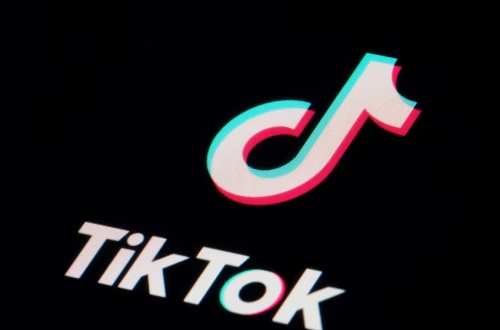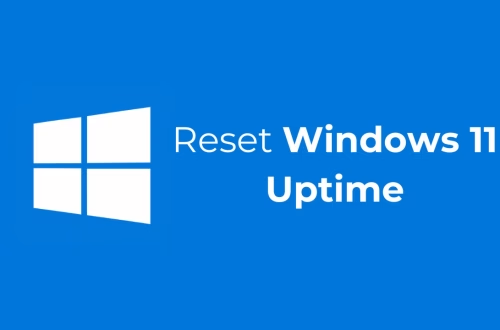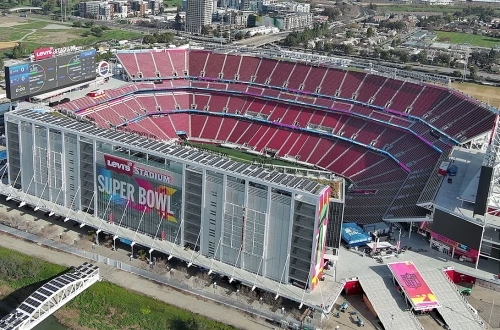Summary:
US Free Speech and Online Defamation Laws govern how individuals express opinions online while balancing protections against harmful false statements. The First Amendment guarantees broad free speech rights, but defamation laws hold individuals accountable for spreading damaging lies. Understanding these laws is crucial for internet users, journalists, and businesses, especially amid debates about regulating online content and potential restrictions on internet access. These legal frameworks intersect with human rights principles, influencing democratization, misinformation control, and digital freedoms.
What This Means for You:
- Social Media Users: Anything you post online could have legal consequences if deemed defamatory. Verify facts before sharing accusations—opinions are protected, but false statements of fact are not.
- Content Creators & Journalists: Implement editorial review processes to minimize defamation risks. Use qualifiers like “alleged” when reporting unproven claims, and maintain documentation for factual assertions.
- Business Owners: Monitor online mentions of your brand. If defamed, consult an attorney about sending cease-and-desist letters or filing a lawsuit—but consider the Streisand Effect (drawing more attention to the defamation).
- Future Outlook: Legal clarity remains uncertain as courts adapt traditional defamation standards to viral online content. Proposed legislation like the “Speak Free Act” could reshape intermediary liability, while states increasingly pass laws targeting cyberbullying and deepfake defamation.
Understanding US Free Speech Rights & Online Defamation Laws: What You Need to Know
The First Amendment Framework
The First Amendment prohibits government censorship of speech, with few exceptions like incitement to violence (Brandenburg v. Ohio, 1969) or true threats. Courts apply strict scrutiny to content-based restrictions, meaning laws must be narrowly tailored to serve compelling state interests. However, private platforms (e.g., social media companies) can moderate content under their terms of service—a distinction clarified in Manhattan Community Access Corp. v. Halleck (2019).
Defamation Basics: Libel vs. Slander
Defamation involves false statements presented as fact that harm reputation. Libel refers to written/published defamation (e.g., social media posts), while slander covers spoken statements. Plaintiffs must prove:
- Falsity: The statement was objectively untrue (opinions like “I think X is corrupt” are protected)
- Publication: It was communicated to a third party
- Fault: The speaker acted negligently (private figures) or with actual malice (public figures per New York Times Co. v. Sullivan, 1964)
- Damages: Quantifiable harm, though some states recognize defamation per se (automatically damaging claims like false accusations of criminal conduct)
Section 230 and Online Intermediaries
The Communications Decency Act’s Section 230 shields websites from liability for user-generated content (e.g., Yelp reviews). Platforms can’t be treated as publishers, enabling open discourse while frustrating victims of online harassment. Reform proposals aim to incentivize content moderation without chilling legitimate speech.
Notable Cases Shaping Online Defamation
- Doe v. Cahill (2005): Established standards for unmasking anonymous online critics
- Obsidian Finance Group v. Cox (2014): Bloggers receive same First Amendment protections as journalists
- McKenna v. Hearst Communications (2018): Headlines alone (“Dr. Fraud”) can be defamatory
Emerging Threats: Deepfakes and Disinformation
Synthetic media (deepfakes) exacerbates defamation risks, prompting state laws like California’s AB 730 criminalizing election-related deepfakes. Meanwhile, anti-SLAPP laws (Strategic Lawsuits Against Public Participation) in 33 states help defendants quickly dismiss meritless defamation suits intended to silence critics.
People Also Ask About:
- “Can screenshots be defamatory?” Yes—if shared with captions or context implying false facts (e.g., cherry-picked messages suggesting criminality). Context determines liability.
- “Do I need a lawyer for a negative review?” Not if truthful, but consult counsel if accused of defamation. Some states require pre-litigation retraction demands.
- “What’s ‘actual malice’ for public figures?” Knowledge of falsity or reckless disregard for truth. This high bar protects vigorous debate about officials.
- “Can memes be defamatory?” Potentially—if they convey false factual claims (e.g., manipulated images implying misconduct). Satire and parody generally qualify for protection.
Expert Opinion:
Jurisdictional complexities arise with cross-border online defamation, as U.S. courts may enforce foreign judgments contradictory to First Amendment standards. Experts note increased “reputation management” firms filing dubious copyright claims to remove negative content, risking abuse of DMCA processes. Legislative tinkering with Section 230 risks either enabling more harassment or suppressing marginalized voices through over-moderation.
Extra Information:
- EFF’s Legal Guide for Bloggers: Details specific defamation scenarios bloggers encounter, from citing sources to handling cease-and-desist letters.
- Reporter’s Committee for Freedom of the Press: Tracks defamation lawsuits against journalists, illustrating evolving legal standards.
Related Key Terms:
- Section 230 reform and online defamation liability
- Anti-SLAPP laws protections by state
- Public figure defamation standards USA
- How to sue for internet libel claims
- Corporate defamation lawsuits against individuals
*Featured image provided by Dall-E 3





